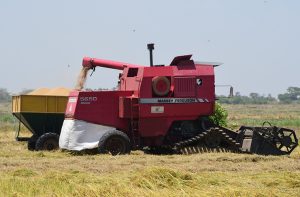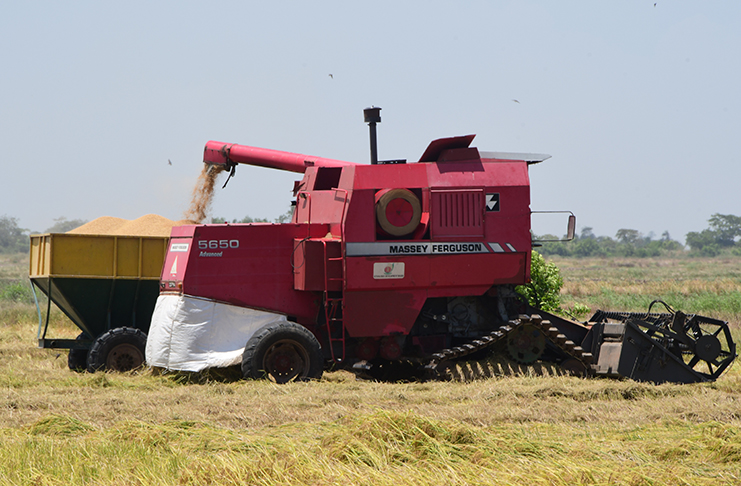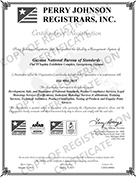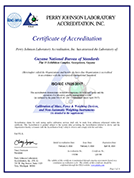The harvesting of the first rice crop for 2020 is about to commence in the various rice-producing regions of Guyana, and while farmers are aiming to maximize profits from their yields, millers are aiming to buy paddy at reasonable prices. Standards can help farmers and millers to produce rice in a cost-effective manner and ensure that an accurate and reliable measurement system is utilized in the industry.
Rice producers must continue to produce high-quality rice to maintain the grasp on Guyana’s share of the international market and to penetrate new markets. This will help the commodity to continue to be a leading foreign exchange earner for our country.
In addition, because rice is a food commodity, good production practices also have to be maintained to safeguard the health and safety of consumers of the commodity. The implementation and use of standards are very important and can be considered essential for addressing quality issues in the rice industry.
Implementing standards in the rice industry improve quality, facilitates local and foreign trade, increases production efficiency, maintains consistency and protect consumers’ health and safety. Rice producers conforming to requirements also improve the packaging and labeling of the commodity and protect the environment through best practices.
The use of verified instruments also ensures reliable and accurate measurements. The GNBS as the National Metrology Institute possesses National Measurement Standards to ensure that measuring devices used in the rice industry are accurate and reliable. Devices verified in the industry include weighbridge scales, platform scales, hopper scales, and smaller laboratory scales. Verification provides equity and traceability of measurements for rice offered for sale locally and on the overseas market.
Meanwhile, the proper determination of the quality of rice also maximizes value and increases buyer satisfaction. The CARICOM Standard –Specification for Rice” which prescribes the requirements for the grades of paddy, cargo rice, milled rice, cargo parboiled rice, and milled parboiled rice, is available for use by stakeholders in the rice industry.
The agency that regulates and monitors the production of rice is the Guyana Rice Development Board (GRDB). The GRBD routinely conducts checks at rice mills countrywide to ensure that they comply with available requirements. The GRBD Central Laboratory is internationally accredited to the ISO/IEC 17025 Standard, which specifies competency to carry out testing. This accreditation is a huge advantage for the industry as the Central Laboratory can determine the quality of rice locally and the results it generates are accepted internationally.
Packaging and labeling of rice are also important, particularly to consumers and larger buyers. For labels that conform to requirements, millers and packers can be guided by the national standard for the labeling of prepackaged foods GYS 9-9: 2003.
Further, the implementation of internationally recognized Management System Standards such as the ISO 9001:2015 Quality Management Systems Requirements and the ISO 14001:2004 Environmental Management Systems – Requirements with Guidance for use can be order winners for rice millers and exporters. The technical support needed to implement the requirements of these standards can be provided by the GNBS at very affordable costs.
To support the prosperity of the rice industry, the GNBS will continue to work with farmers, millers, exporters and the GRDB to develop, promote and implement standards, which are beneficial to the industry.







